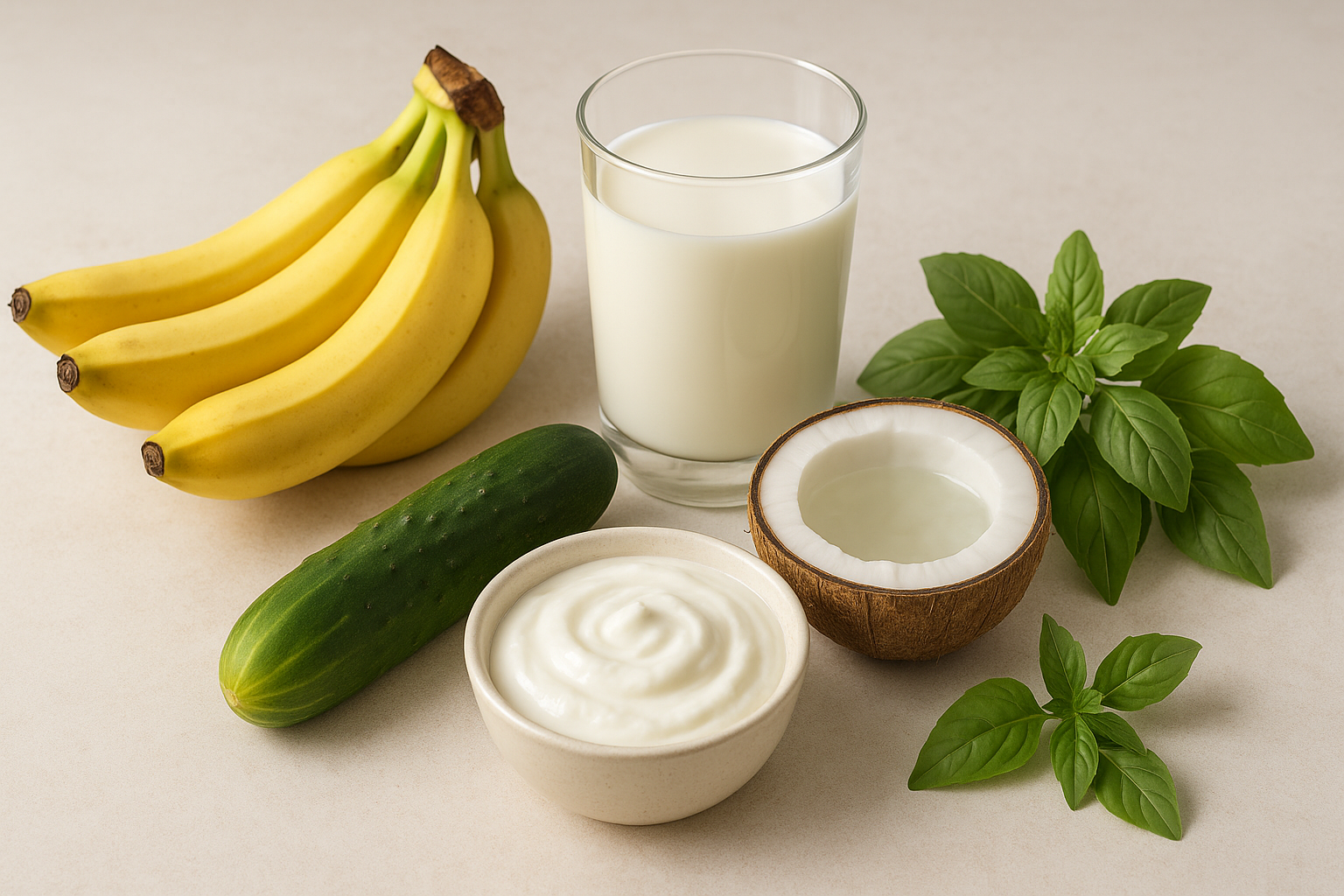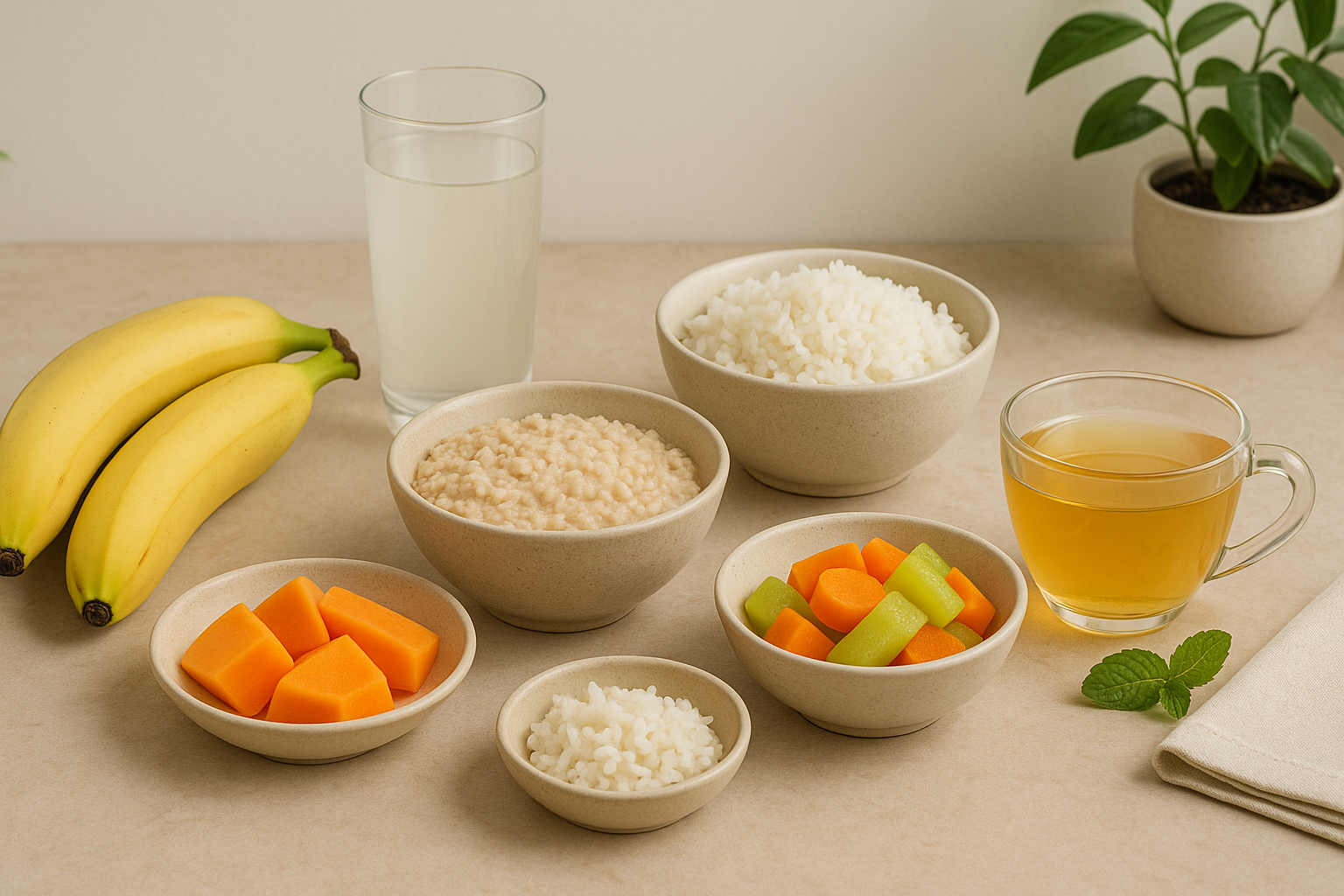Acid reflux is often more troublesome at night, disrupting your sleep and comfort. If you’ve ever found yourself tossing and turning due to that burning sensation in your chest, you’re not alone. Many people experience nighttime acid reflux, and what you eat greatly influences the severity of symptoms. In this blog, we’ll explore the best foods to help you keep acid reflux at bay after sunset and how Gaviscon Oral Suspension Antacid can offer fast, reliable relief.
Why Acid Reflux Worsens at Night?
When you lie down after a meal, gravity no longer helps keep stomach acid where it belongs. This makes it easier for acid to travel up the esophagus, leading to heartburn and discomfort. Late-night meals, certain foods, and even stress can all contribute to acid reflux at night. And you keep wondering, “Why do I feel a burning sensation in my Chest?”
Your body is in rest-and-digest mode at night, but if you consume heavy or acidic meals, digestion slows down, increasing the chances of acid building up and escaping into the esophagus. This often results in sleep disturbances, frequent coughing, and throat irritation.
Best Foods to Eat Before Bed for Acid Reflux Relief
Making smart food choices before bedtime can help reduce nighttime reflux. Here are the top food choices that help manage symptoms without triggering acid reflux:
Oatmeal
- Low in acid and high in fiber.
- Absorbs stomach acid and promotes digestion.
- Keeps you feeling full without the bloat.
- Best when eaten plain or with almond milk.
Bananas
- Naturally low in acid.
- Coats the esophageal lining to prevent irritation.
- Helps soothe the stomach lining.
- Contains potassium, which aids in balancing pH.
Almonds
- Packed with healthy fats and low acidity.
- Help balance pH levels in the stomach.
- A light handful before bed can keep hunger and reflux away.
- Also provide magnesium, which supports muscle relaxation.
Melons (especially honeydew and cantaloupe)
- Alkaline-forming fruits that reduce acidity.
- Rich in water content, promoting hydration and digestion.
- Avoid acidic melons like watermelon at night.
- Gentle on the stomach and refreshing.
Ginger Tea
- Natural anti-inflammatory properties.
- Helps relax the stomach muscles.
- Reduces nausea and acid reflux at night.
- Best consumed warm and unsweetened.
Yogurt (low-fat, unsweetened)
- Contains probiotics that aid digestion.
- Soothes the stomach.
- Avoid full-fat or sugary versions, which may trigger reflux.
- A few spoonfuls before bed can ease discomfort.
Boiled Vegetables (like carrots, spinach, or broccoli)
- Easy to digest and full of nutrients.
- Contains fiber that supports digestion.
- Do not cause acidity when cooked simply.
- Can be combined with lean protein for a reflux-safe dinner.
Chamomile Tea
- Known to reduce stress, a common reflux trigger.
- Has soothing properties for the digestive system.
- Best consumed 30–60 minutes before sleep.
- Also promotes relaxation and improves sleep quality.
Turkey or Chicken (Grilled or Baked)
- High in protein but low in fat.
- Promotes a sense of fullness without adding pressure to the stomach.
- Avoid frying or using spicy seasonings.
- Ideal when paired with boiled vegetables or whole grains.
Whole Grain Toast or Crackers
- Complex carbs that promote digestion.
- Soaks up excess stomach acid.
- Can be paired with light toppings like banana or almond butter.
- Provides sustained energy without causing reflux.
Papaya
- Contains papain, a natural enzyme that aids digestion.
- Reduces bloating and acid formation.
- Light and easy-to-digest fruit option.
- Also high in vitamin C and fiber
Brown Rice
- Complex carbohydrates that’s easy on the stomach.
- Helps absorb excess acid.
- Pairs well with steamed vegetables or grilled proteins.
- Keeps you full through the night without discomfort.
Hence, these are the best foods to eat with acid reflux, as well as before going to bed to prevent a burning sensation.
Foods to Avoid Before Bed
Knowing which foods to steer clear of is just as crucial as choosing the right ones. These foods are known to trigger or worsen acid reflux at night and should be limited, especially in the evening:
- Spicy foods
- Caffeinated drinks
- Chocolate
- Citrus fruits
- Tomatoes
- Carbonated drinks
- Alcohol
- Fatty or fried meals
Lifestyle Tips to Complement Your Diet
Even with the right foods, small lifestyle adjustments can make a big difference in managing reflux:
- Have dinner early: Aim to eat your last meal 2–3 hours before sleeping.
- Raise your upper body: Sleeping with your head and chest slightly elevated can reduce acid rising.
- Choose comfortable clothing: Avoid tight outfits that press on your stomach and may worsen reflux.
- Avoid heavy meals: Keep dinner light and easy to digest.
- Stay hydrated: Sip water throughout the day to aid digestion.
Fast-Acting Relief with Gaviscon Oral Suspension Antacid
Even with the best diet, occasional flare-ups happen. That’s when Gaviscon Oral Suspension Antacid becomes essential in your bedtime routine.
Why Gaviscon Works Best:
- Creates a shield-like layer: This stops stomach acid from flowing into the esophagus.
- Dual action: Neutralizes stomach acid and reduces reflux.
- Fast and long-lasting relief: Ideal for managing acid reflux at night.
- Doctor-recommended: Trusted by millions for its proven effectiveness.
Unlike some antacids that just neutralize acid, Gaviscon adds a foam layer that acts like a physical shield. This makes it particularly effective during the night when lying flat increases reflux chances.
Final Thoughts
Getting quality sleep when you have acid reflux at night starts with smart food choices and supportive habits. Include foods like bananas, ginger tea, and boiled veggies in your nightly routine. Pair that with the fast-acting protection of Gaviscon Oral Suspension Antacid, and you’re setting yourself up for restful, reflux-free nights.
By eating right, avoiding triggers, and incorporating helpful products, you can reduce nighttime discomfort and enjoy better sleep. Choose your meals wisely, create a reflux-friendly evening routine, and reclaim your rest one night at a time.
Disclaimer: This content is just for general information and advice. It’s not meant to replace a doctor’s opinion. Always talk to a medical expert or your own doctor for proper guidance. AcidRefluxindia is not responsible for how you use this information.









